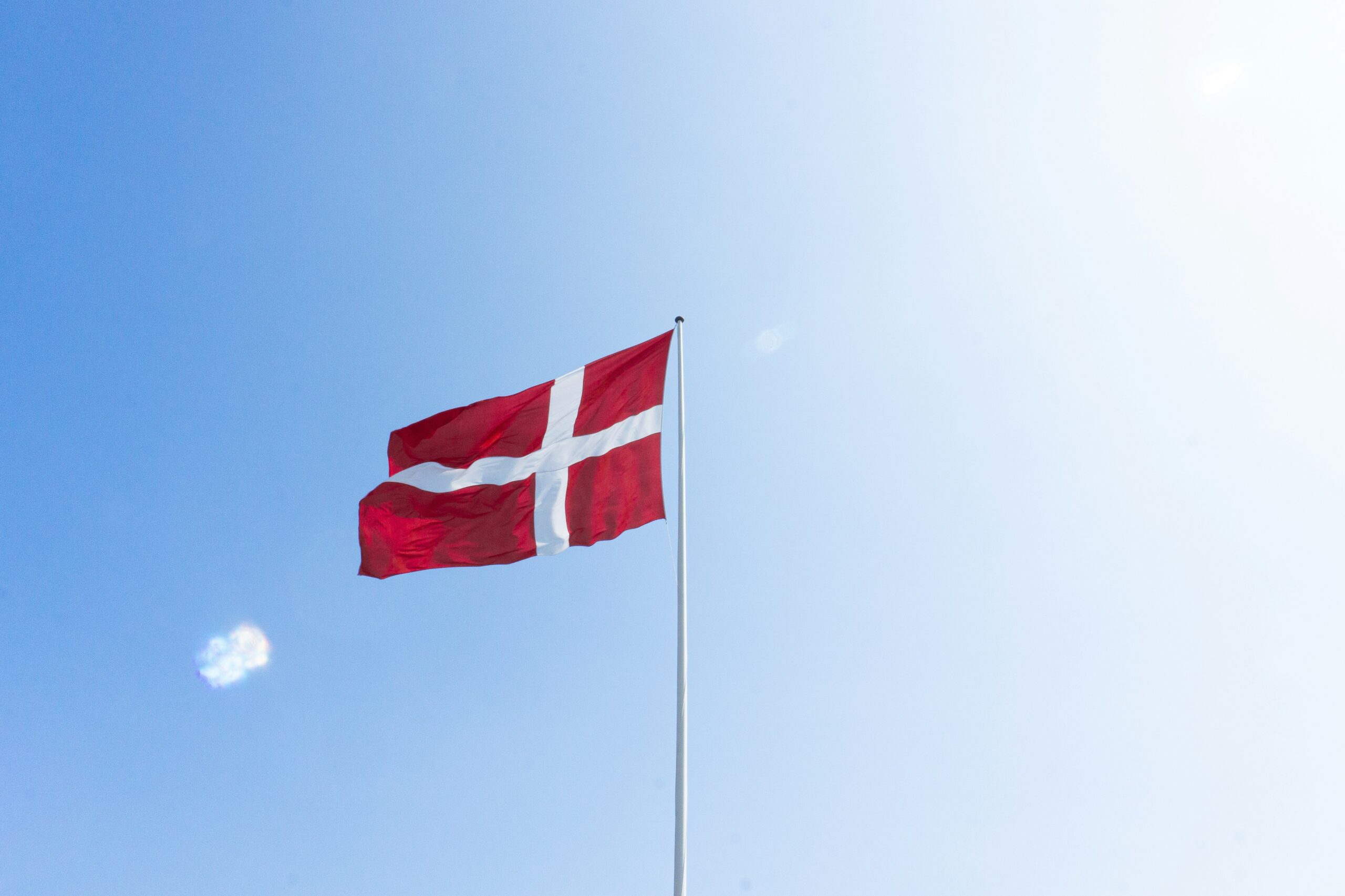Denmark recently legalized medical cannabis, signaling a shift in societal attitudes toward its potential benefits. This change not only impacts patients but also prompts reflection on how policies, perceptions, and societal norms are evolving across the Nordic region.
A changing landscape in the Nordics
The legalization of medical cannabis highlights Denmark’s progressive approach to healthcare, offering patients new treatment options and sparking conversations about regulation and societal safety. This decision not only impacts Denmark but also serves as a potential catalyst for broader shifts across the Nordic region, where attitudes toward cannabis have traditionally been more restrictive.
Finland, for instance, has adopted a cautious approach, allowing limited access to medical cannabis under strict regulations. While broader reforms remain a subject of ongoing debate, growing public support and advocacy from political groups indicate that societal attitudes may be softening over time. The country’s measured stance reflects a deep-rooted emphasis on control and safety, yet Denmark’s move may nudge Finland further into this evolving conversation.
Sweden has long upheld one of the most prohibitionist stances on cannabis in the Nordics, prioritizing deterrence and prevention over reform. Despite this, societal views on drug use have shifted subtly over the past two decades, influenced by global trends and new research emphasizing harm reduction. While Swedish laws remain firmly against cannabis, increasing dialogue around its medical applications suggests a gradual opening of perspectives, even if policy changes remain distant.
Norway, on the other hand, occupies a unique position in this conversation. The country has already embraced harm reduction in broader drug policy debates, focusing on treating substance use as a public health issue rather than solely a criminal one. While access to medical cannabis remains tightly regulated, Norway’s openness to reform and its emphasis on health and safety make it a potential adopter of more progressive policies in the future, particularly as it observes developments in Denmark.
Together, these countries illustrate a Nordic region at a crossroads—each navigating its own pace of change but increasingly influenced by shifting global attitudes and regional developments.
A broader Nordic context
Across the Nordics, drug use has been gradually rising, and attitudes toward substance use are evolving. These shifts challenge long-held cultural and legal norms, raising complex questions about how societies balance safety, individual rights, and public health.
Denmark’s decision to legalize medical cannabis could represent the beginning of a broader trend in the region. As its neighbors watch closely, the ripple effects may extend beyond healthcare to influence workplace policies, societal norms, and even international perceptions of the Nordics as a whole.
Considering the future
As the Nordics navigate these changes, the legalization of medical cannabis in Denmark offers a moment to pause and reflect. What does this shift mean for the region’s future? Could Denmark’s policies inspire other countries to adopt a more open stance, or will the differences in national attitudes create new divides?
For companies, governments, and individuals alike, these questions underscore the importance of thoughtful, forward-looking dialogue. While Denmark’s path may not be directly replicable elsewhere, its experience will undoubtedly shape conversations about public health, safety, and innovation in the years to come.
Denmark’s legalization of medical cannabis marks a turning point not just for the country but for the Nordic region as a whole. By observing this change and considering its implications, we can better understand the evolving relationship between societal values, healthcare advancements, and regional identity.
This is a moment of transition—one that invites reflection, curiosity, and an open mind as we contemplate what the future may hold for the Nordics and beyond.
